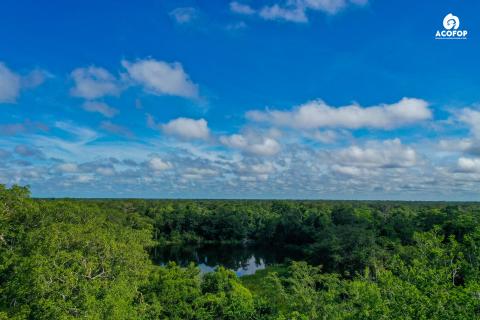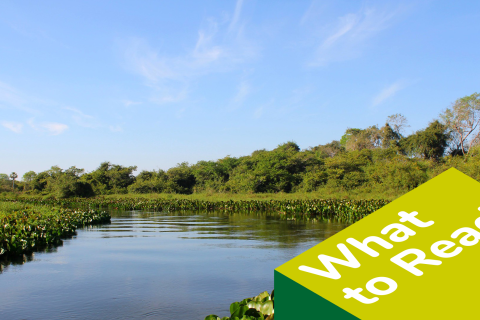How to ensure transparency in land governance to counter grand corruption: A practical guide
This blog post from Transparency International and the Land Portal is a small preview of the discussion we're co-organizing at the World Bank Land Conference next month. The focus is on moving from awareness to action with strategies to secure land tenure and access, while scaling up initiatives, investments, and policy reforms for climate change mitigation and adaptation - including tools to monitor transparency and corruption.












